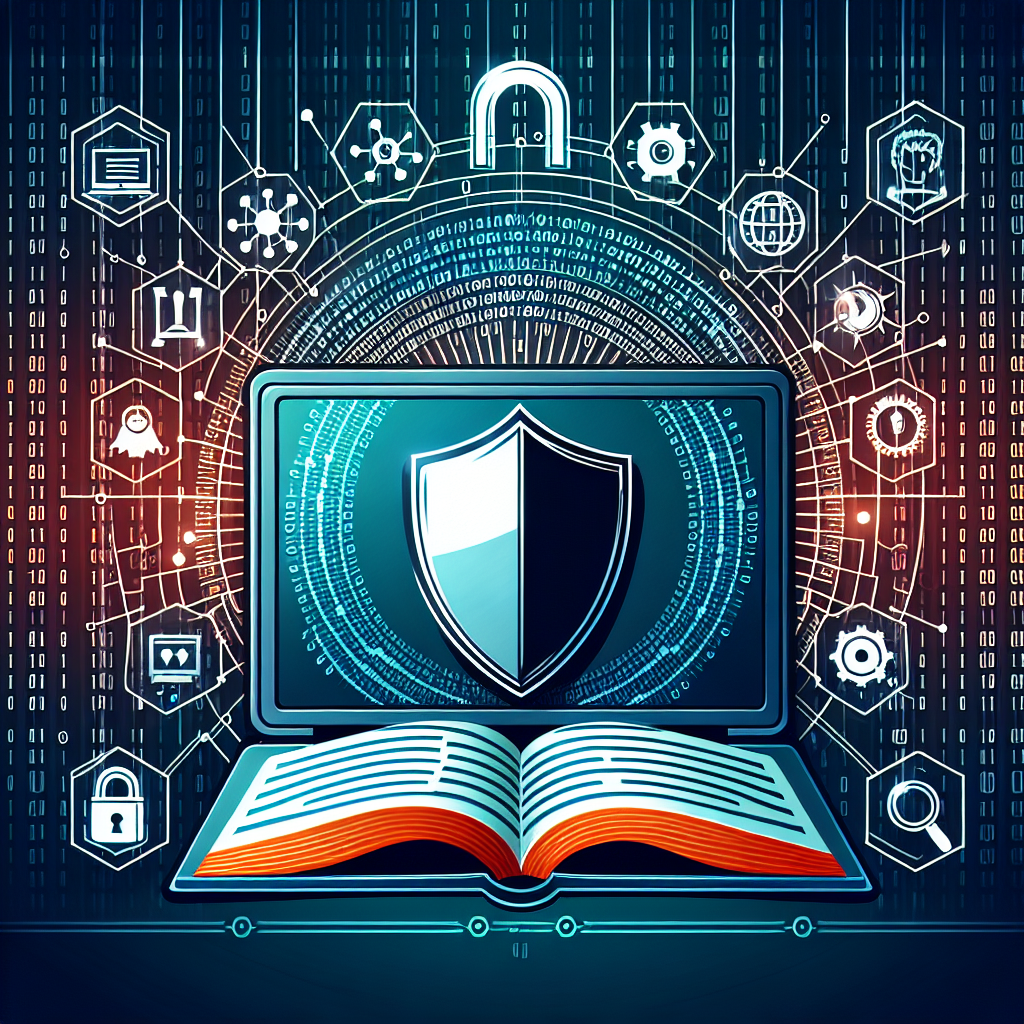In today’s digital age, cyber threats are becoming increasingly prevalent, making cybersecurity a crucial aspect of our online activities. From personal information theft to financial fraud, there are numerous ways in which cybercriminals can exploit vulnerabilities in our online security. However, many people are intimidated by the complex terminology and technical jargon associated with cybersecurity, leading them to neglect their online safety.
But fear not, as cybersecurity doesn’t have to be a daunting task. With a few simple steps and best practices, you can significantly enhance your online security and protect yourself from potential cyber threats. This dummy’s guide to online safety will walk you through the basics of cybersecurity and provide you with easy-to-follow tips to keep your online information secure.
1. Use strong, unique passwords: One of the easiest ways to enhance your online security is by using strong, unique passwords for each of your online accounts. Avoid using easily guessable passwords like “123456” or “password” and instead opt for a combination of letters, numbers, and special characters. Consider using a password manager to help you generate and store complex passwords securely.
2. Enable two-factor authentication: Two-factor authentication adds an extra layer of security to your online accounts by requiring a second form of verification, such as a code sent to your phone or email. Enable two-factor authentication whenever possible to protect your accounts from unauthorized access.
3. Keep your software up to date: Software updates often include patches for known security vulnerabilities, so it’s essential to keep your operating system, antivirus software, and other applications up to date. Set your devices to automatically download and install updates to ensure you’re protected against the latest threats.
4. Be cautious of phishing scams: Phishing scams are a common tactic used by cybercriminals to trick individuals into revealing sensitive information or clicking on malicious links. Be wary of unsolicited emails, messages, or calls asking for personal information and avoid clicking on suspicious links or attachments.
5. Secure your Wi-Fi network: Secure your home Wi-Fi network by using a strong password and enabling encryption such as WPA2. Avoid using default network names and passwords, as they are easily guessable by hackers. Additionally, consider setting up a guest network for visitors to ensure they don’t have access to your personal devices.
By following these simple steps, you can significantly improve your online security and protect yourself from cyber threats. Remember, cybersecurity doesn’t have to be complicated – with a little effort and awareness, you can safeguard your online information and enjoy a safer online experience. Stay informed, stay vigilant, and stay safe online.


Leave a Reply